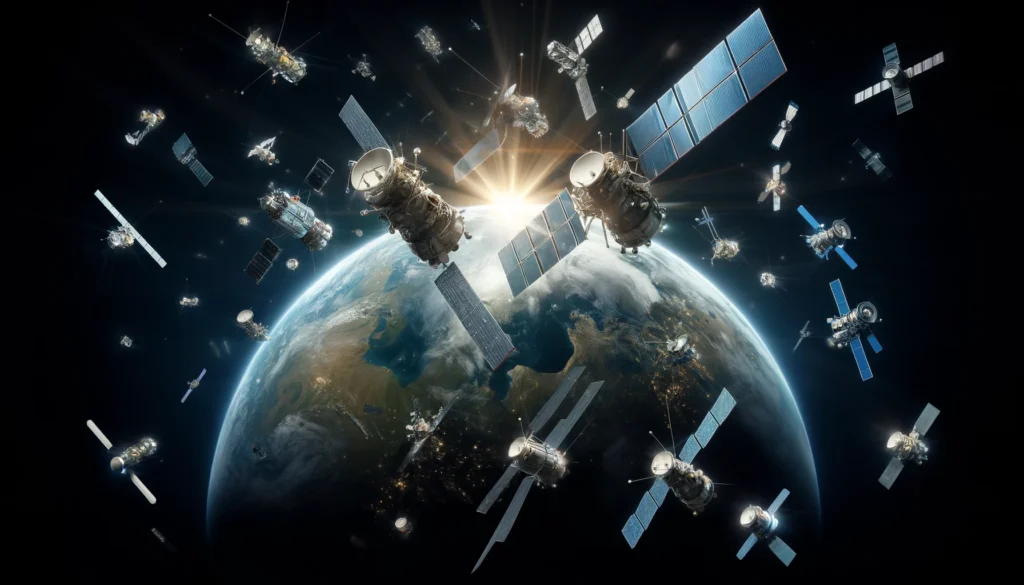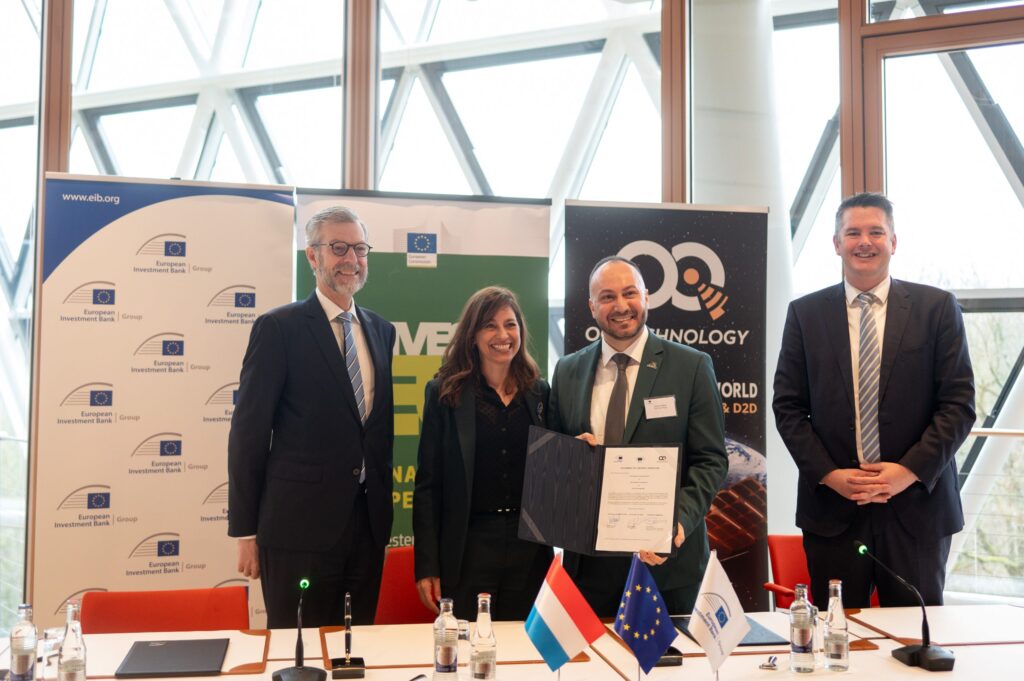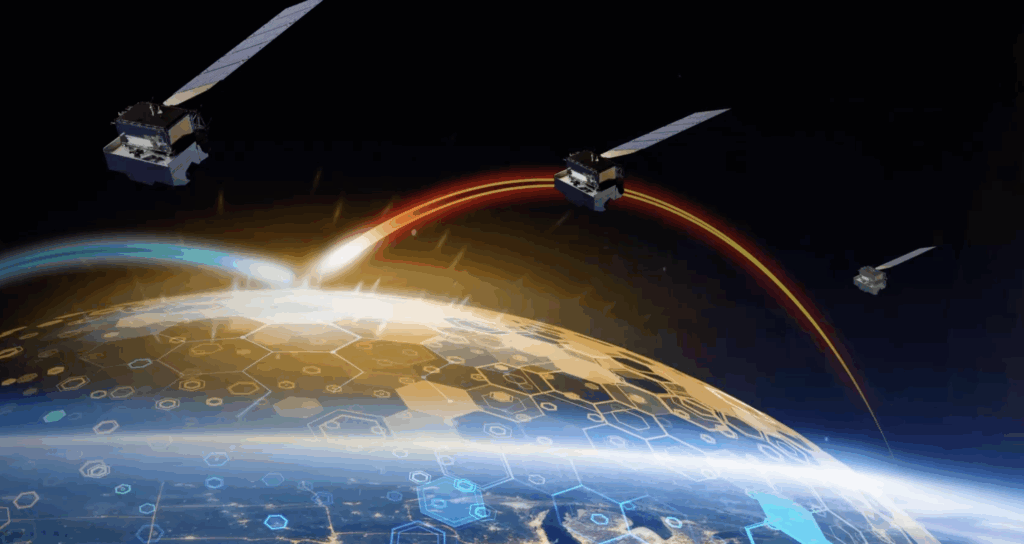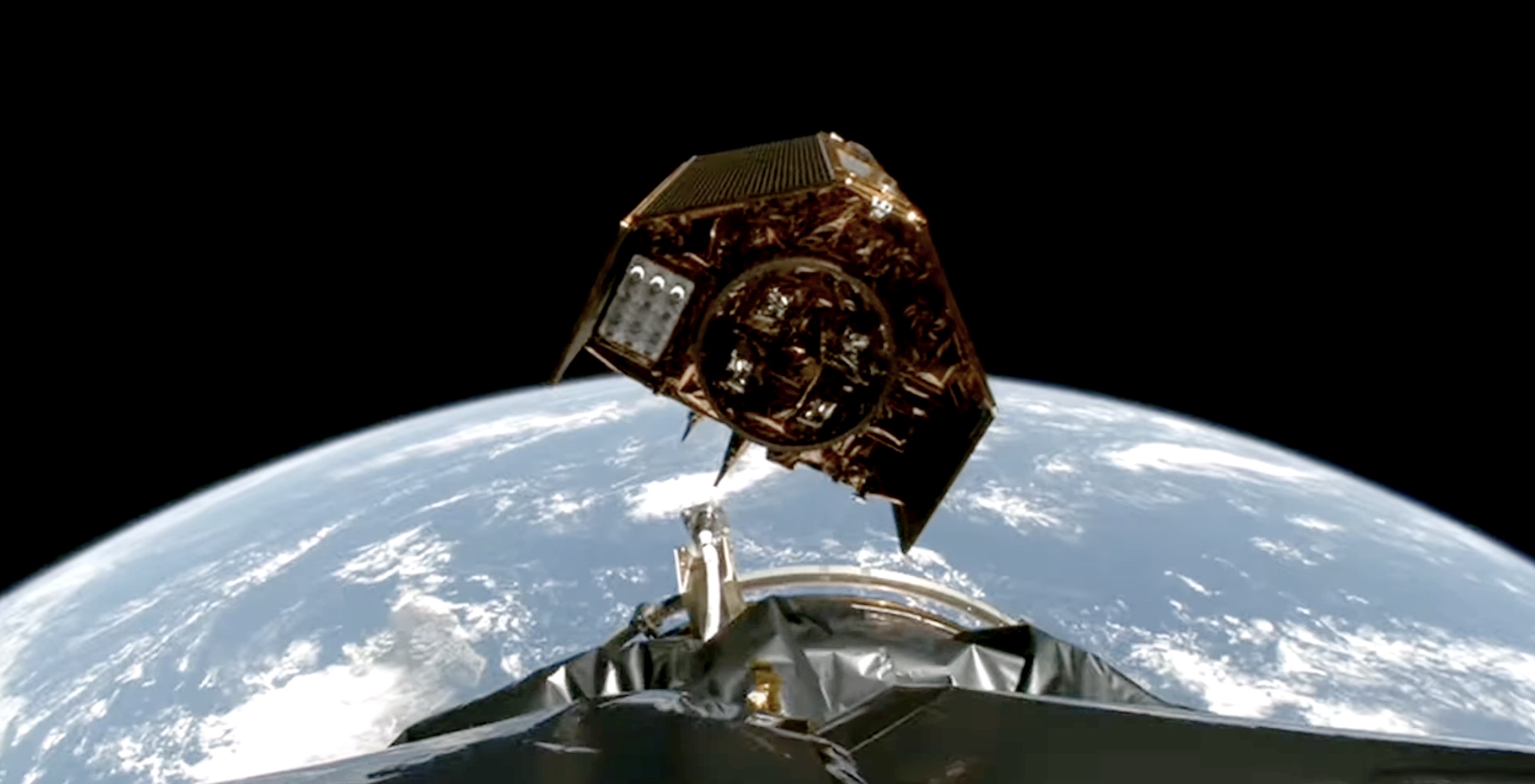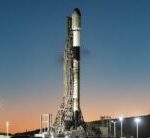Now Reading: FAA ends commercial launch curfew
-
01
FAA ends commercial launch curfew
FAA ends commercial launch curfew
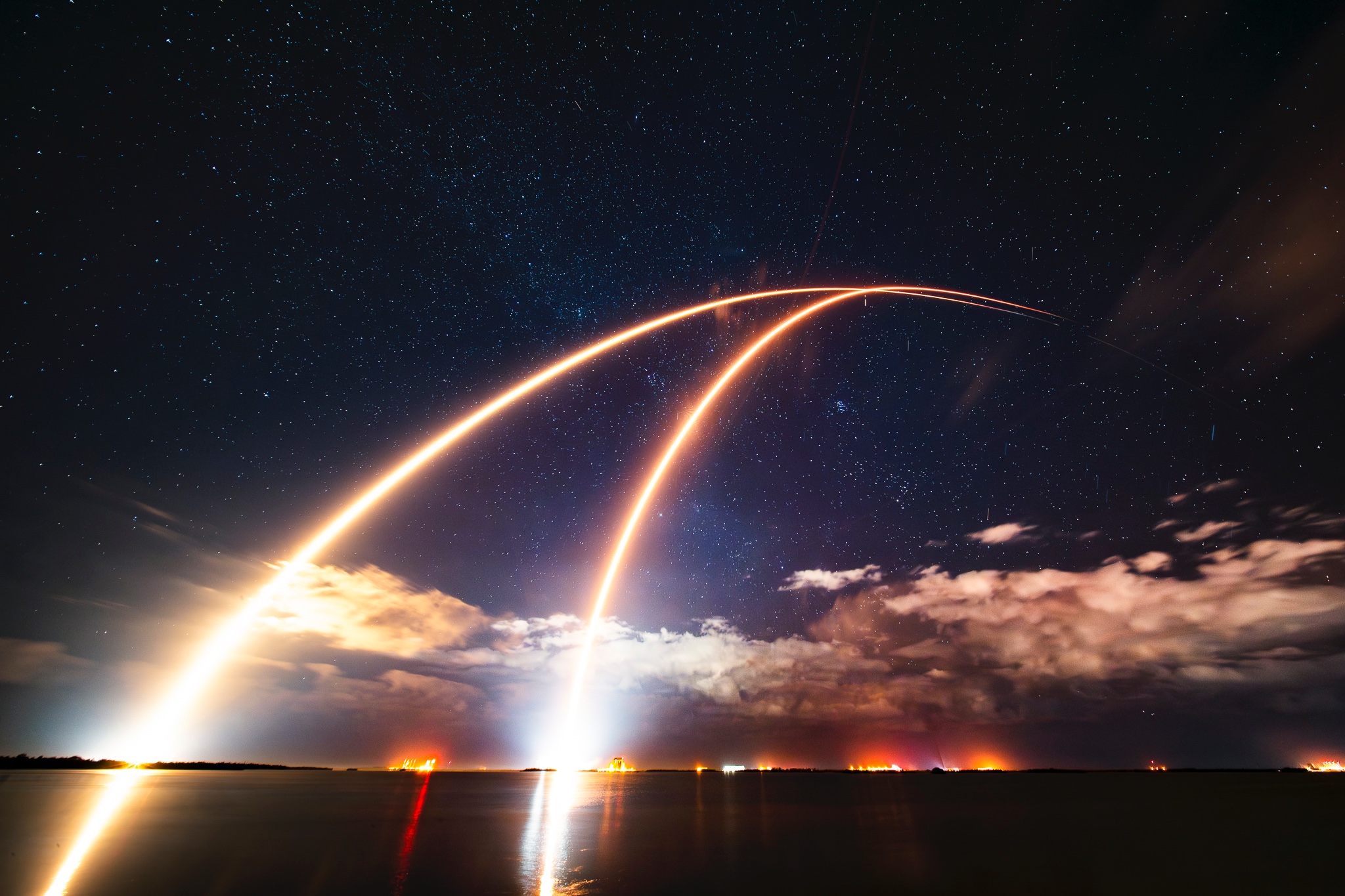

BERLIN — The Federal Aviation Administration has ended restrictions on the timing of commercial launches that were triggered by the government shutdown’s effects on airspace management.
The FAA announced Nov. 16 that it canceled an emergency order issued 10 days earlier that placed restrictions on activities in the National Airspace System (NAS). The restrictions were prompted by rising absenteeism among air traffic controllers who had not been paid since early October because of the shutdown.
The order’s primary effect was to reduce the number of commercial aircraft flights at 40 major U.S. airports. However, it also limited commercial launches at U.S. spaceports to between 10 p.m. and 6 a.m. local time.
“Today’s decision to rescind the order reflects the steady decline in staffing concerns across the NAS and allows us to return to normal operations,” FAA Administrator Bryan Bedford said in an agency statement.
After the shutdown ended with the signing of a spending bill Nov. 12, the FAA began scaling back the commercial flight cuts. However, it kept the restrictions on commercial launches in place until the overall order was canceled.
The order had its biggest impact on SpaceX’s Transporter-15 rideshare mission. That launch was scheduled for Nov. 11 at 10:18 a.m. local time from Vandenberg Space Force Base in California when the FAA issued the order. SpaceX postponed the launch, now planned for Nov. 19 at the same time.
SpaceX also shifted the launch times of three other Falcon 9 missions carrying Starlink satellites to take place after 10 p.m. local time in Florida. United Launch Alliance similarly adjusted the Atlas 5 launch of ViaSat-3 F2 to lift off just after 10 p.m. Eastern on Nov. 13.
The order allowed the FAA to grant waivers in specific cases. Blue Origin received a waiver for the New Glenn launch of NASA’s ESCAPADE Mars mission on the afternoon of Nov. 13, as that mission could not be rescheduled to after 10 p.m.
The order applied only to commercial launches licensed by the FAA. The Falcon 9 launch of the Sentinel-6B satellite from Vandenberg, which took place at 9:21 p.m. local time Nov. 16 (12:21 a.m. Eastern Nov. 17), was exempt because it was not an FAA-licensed commercial mission.
“This mission is a government mission, so it did not require FAA licensing,” Tim Dunn, senior launch director in NASA’s Launch Services Program, said at a Nov. 15 briefing. “Given that, we were excepted by the FAA and we knew last week that we would be able to launch and would not be subject to the new FAA rules.”
Stay Informed With the Latest & Most Important News
Previous Post
Next Post
-
 01Two Black Holes Observed Circling Each Other for the First Time
01Two Black Holes Observed Circling Each Other for the First Time -
 02From Polymerization-Enabled Folding and Assembly to Chemical Evolution: Key Processes for Emergence of Functional Polymers in the Origin of Life
02From Polymerization-Enabled Folding and Assembly to Chemical Evolution: Key Processes for Emergence of Functional Polymers in the Origin of Life -
 03Astronomy 101: From the Sun and Moon to Wormholes and Warp Drive, Key Theories, Discoveries, and Facts about the Universe (The Adams 101 Series)
03Astronomy 101: From the Sun and Moon to Wormholes and Warp Drive, Key Theories, Discoveries, and Facts about the Universe (The Adams 101 Series) -
 04True Anomaly hires former York Space executive as chief operating officer
04True Anomaly hires former York Space executive as chief operating officer -
 05Φsat-2 begins science phase for AI Earth images
05Φsat-2 begins science phase for AI Earth images -
 06Hurricane forecasters are losing 3 key satellites ahead of peak storm season − a meteorologist explains why it matters
06Hurricane forecasters are losing 3 key satellites ahead of peak storm season − a meteorologist explains why it matters -
 07Binary star systems are complex astronomical objects − a new AI approach could pin down their properties quickly
07Binary star systems are complex astronomical objects − a new AI approach could pin down their properties quickly












